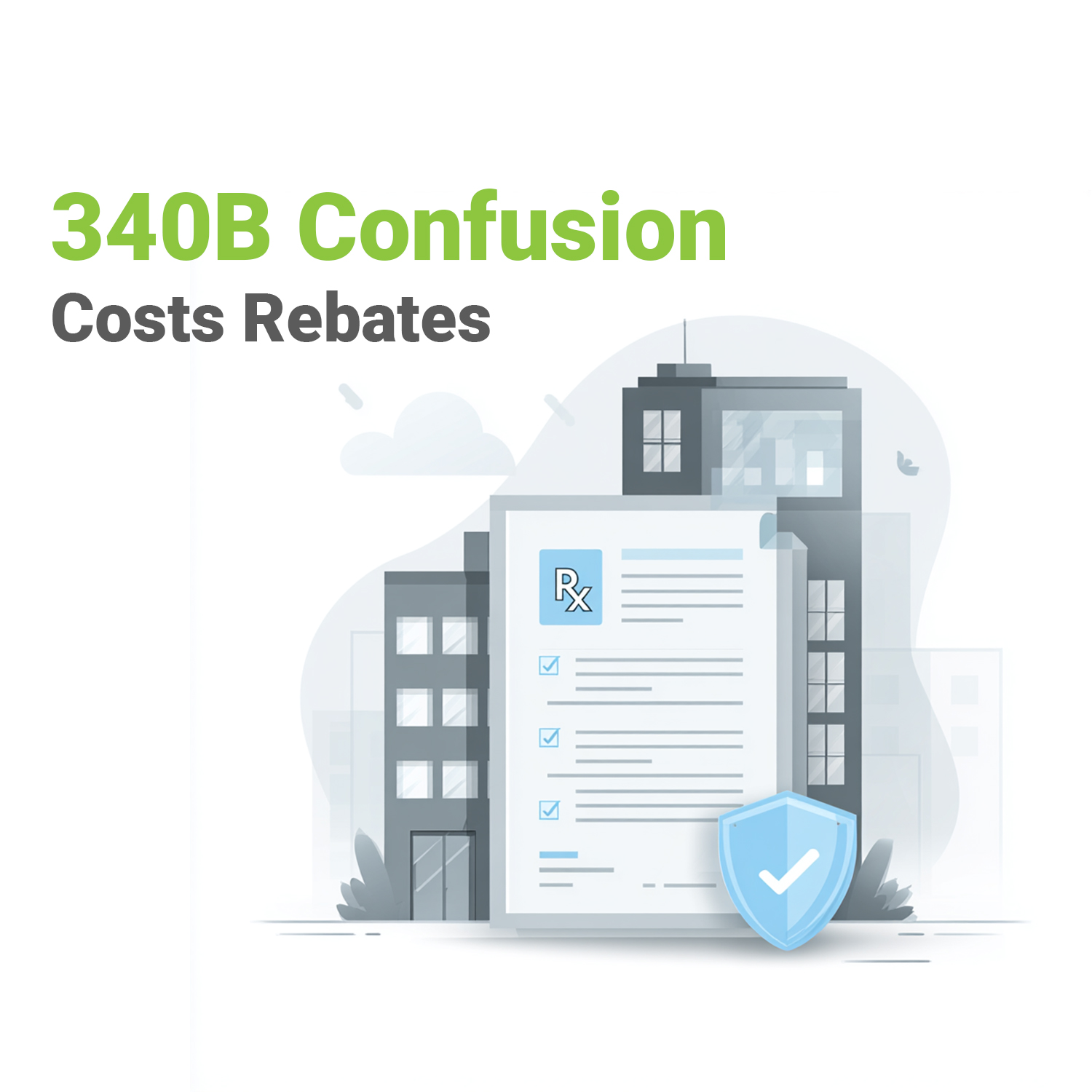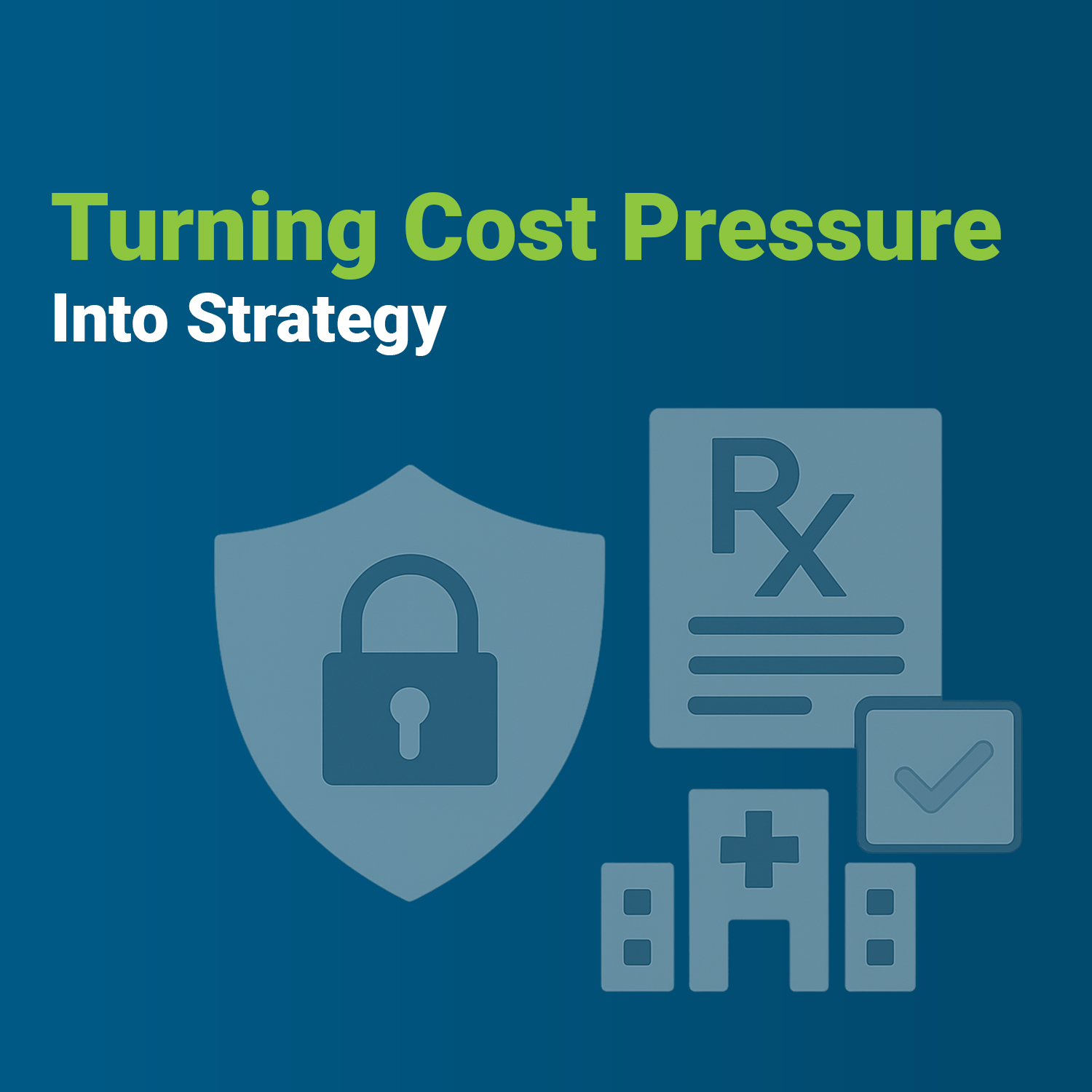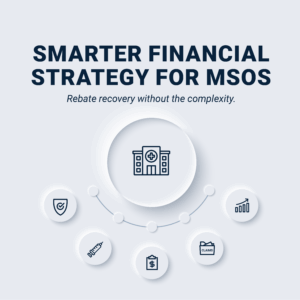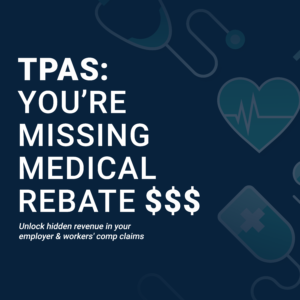For most people these days, the word “pharmacy” conjures up images of major United States chain stores, such as CVS and Walgreens. There’s no denying that, for many, the market-leaders are their go-to pharmacy of choice. And for good reason. Chain pharmacies are reliable, efficient and well-stocked.
But for a lot of people, their first choice is an independent pharmacy, a so-called “Mom and Pop” business that may be slightly smaller and more focused on personal service.
Fortunately, patients and their families serviced by VativoRx don’t have to choose; we have partnerships with more than 67,000 pharmacies, both independent and chain. If you love your local independent pharmacy, you don’t have to change.
What makes an independent pharmacy special?
Why do people love their Mom and Pop pharmacies so much? The question was asked in 2019 and again in 2021.
One user, who worked at a competing chain pharmacy, said this: “Independents are more likely to have time to give you a lot more personalized care. In my area, the only places that can do most compounds are independents, none of us chains really compound anything more than magic mouthwash.”
Another noted that happy pharmacists equal happier customers. “One of my best friends is a pharmacist and went to an independent immediately out of school, he loves his job. Another very good friend of mine is a pharmacist that has been working for Epic for decades and is happy with his job. The experience of the pharmacist in their job is obviously reflected in how they treat their customers.”
Finally, here’s the point-of-view of someone who worked for an independent pharmacy: “I worked for a Mom and Pop Pharmacy for the better part of my pharmacy career, as well as for 2 different chains. It was a whole different dynamic. People who frequent the independently owned businesses seemed to know they were in a much different atmosphere. They were just more relaxed when they walked in. We said hello, and called them by name, and it always just “felt” different in there.”
Advantages of independent pharmacies
Total Pharmacy Supply, a wholesaler for both independent and chain pharmacies, broke out what it sees as the chief advantages of Mom and Pop drugstores.
- One-on-one service: Many do about one-quarter the number of scripts per day than larger chain pharmacies do and generally hire people who grew up in the community which means they often have a more personal relationship with the customer. When your pharmacist knows you personally, they can give more personalized care and may even save your life by alerting you to potential negative drug interactions.
- More time per customer: Since the clientele is generally smaller, the pharmacist may be more apt to take time to explain your medications. This can include a willingness to help find prescription discount programs you might never have been aware of otherwise.
- Unique services such as compounding: Should you have an allergy or need the dosage form changed from a pill to a liquid, pharmacists trained in traditional compounding can customize medications to more thoroughly meet your individual needs.
- Desire to make a difference: Their family business likely takes up a large portion of their lives. With the level of commitment needed to keep it running, knowing that at the end of the day they’ve helped their communities stay healthy is a major win.
Sounds like some wonderful bygone era? Yes and no. It is wonderful but, in fact, is far from bygone. The number of independent pharmacies is growing, not shrinking. In our next post, we’ll look at how independent pharmacies grew nearly 13% in the most recent decade.
“E.E. Rutherford’s Cut Rate Drug Store, Spadina Ave., northwest corner of Nassau St.” by Toronto Public Library Special Collections is marked with CC BY-SA 2.0.






